![]() Hydraulic elevator configuration sheet.pdf
Hydraulic elevator configuration sheet.pdf
Huichuang Lift is a prominent OEM home elevator manufacturer based in China, renowned for its commitment to quality and innovation. With its own state-of-the-art factory, JNHC Lift specializes in designing and producing high-performance home elevators that cater to diverse residential needs. The company’s elevators are engineered to meet rigorous international standards, including CE, ISO, and ASME A17.1, ensuring they are not only safe and reliable but also compliant with global safety regulations.
A home lift, also known as a residential elevator or home elevator, is a small elevator designed to provide vertical transportation within a private residence. Home lifts are increasingly popular in multi-story homes, not only for convenience and luxury but also for enhancing accessibility for elderly or mobility-impaired individuals. Here are the key features, types, applications, and benefits of home lifts:
Types of Home Lifts:
Through-Floor Lifts: Installed through an opening in the floor and ceiling, these lifts travel between two floors without the need for a shaft.
Shaftless Lifts: Also known as platform lifts, these are open lifts without a traditional shaft, suitable for short distances (usually one or two floors).
Traditional Shaft Elevators: Require a constructed shaft and are more similar to commercial elevators, offering more stability and higher travel distances.
Staircase Lifts: Install along the side of a staircase and are ideal for homes where space for a vertical lift is limited.
Applications:
Multi-Story Homes: Provides convenient access to all floors, reducing the need for stairs.
Aging in Place: Helps elderly homeowners remain in their multi-story homes by providing safe and easy access to upper levels.
Mobility Assistance: Essential for residents with disabilities, making all areas of the home accessible.
Luxury and Convenience: Adds a touch of luxury and increases property value.
Considerations for Choosing a Home Lift:
Space Requirements: Assess the available space and choose a lift type that fits the home’s layout.
Weight Capacity: Ensure the lift can handle the weight of its typical users and any items they might carry.
Drive System: Consider noise levels, energy efficiency, and maintenance needs.
Aesthetic Integration: Choose finishes and styles that complement the home’s interior design.
Installation: Consider the complexity and duration of installation, as well as any structural modifications required.
Cost: Evaluate the total cost, including purchase, installation, and ongoing maintenance.
Conclusion:
Home lifts are a valuable addition to modern residences, offering enhanced accessibility, convenience, and safety. Whether for aging in place, improving mobility, or simply adding a luxurious touch, home lifts provide numerous benefits and can be tailored to fit the unique needs and aesthetics of any home.
Hot Search
- home lift
- home elevator
- Small Home Elevator
- home elevator lift
- elevator for home
- hydraulic elevator
- home Elevators
- home elevator price
- shaftless home elevator
- small lift for home
- Hydraulic home elevator
- Elevator Personal
- Cheap Elevator
- Small Elevator
- Hydraulic elevator for home
- Passenger lift
- 2 person small lift for home price in india
- Small House Lift
- Traction Elevator
- Hydraulic Elevator Cost
- Passenger Elevator
- small home lift
- home Lift Small
- Home Hydraulic Lift Elevator
- home elevator prices south africa
- home lift price
- Residential Elevator Villa Lift
- Shaft home Lift
- Home Lift Elevator
- Traction Elevators
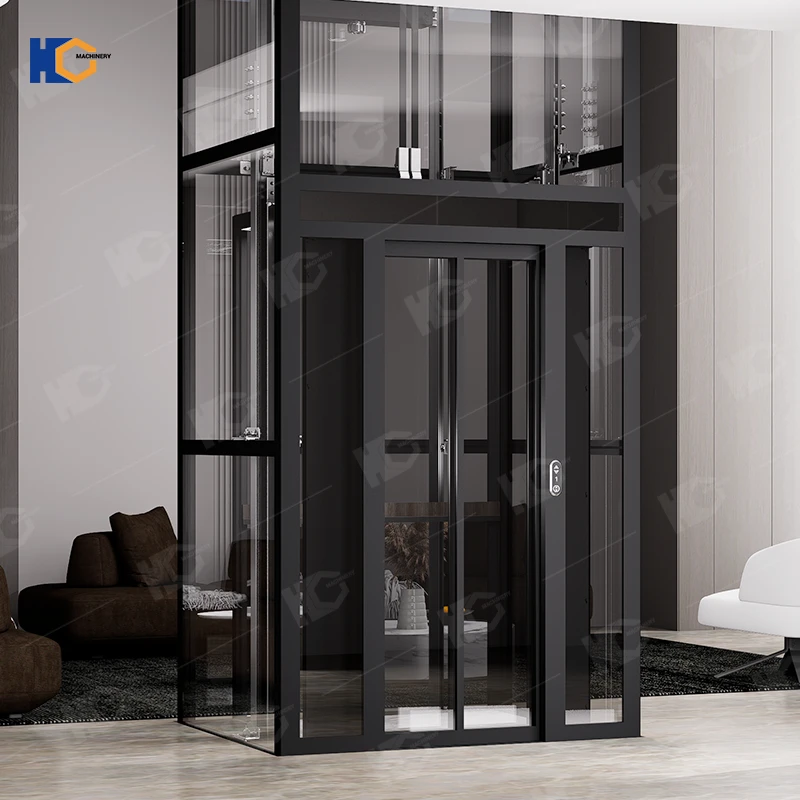
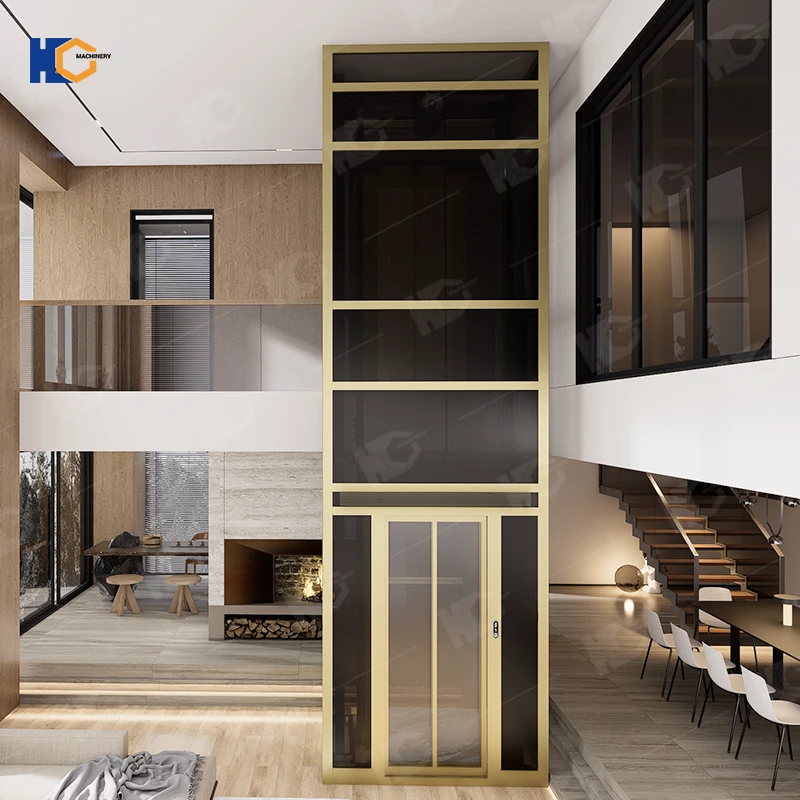
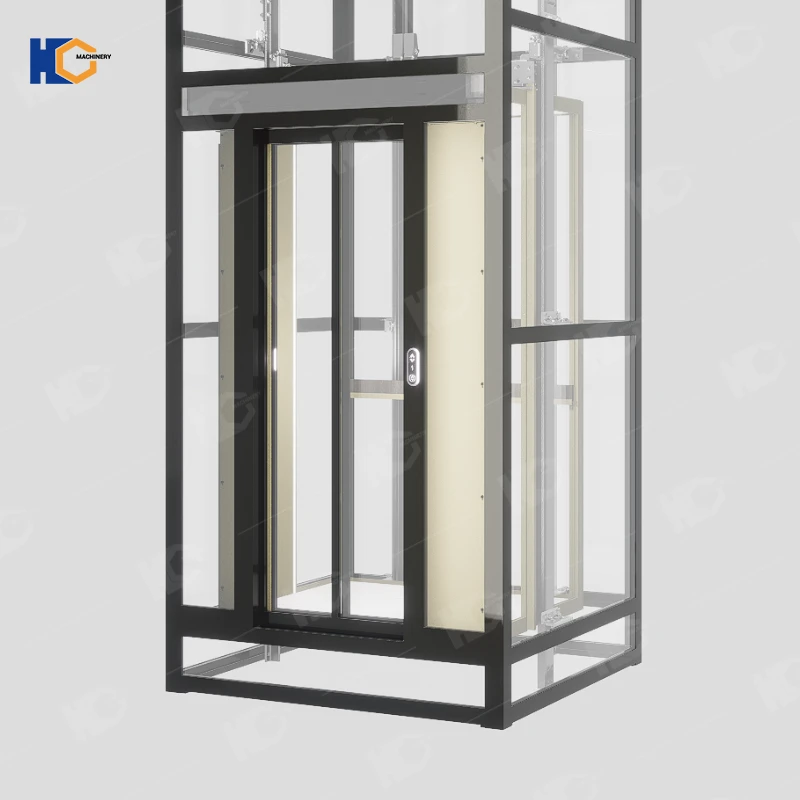
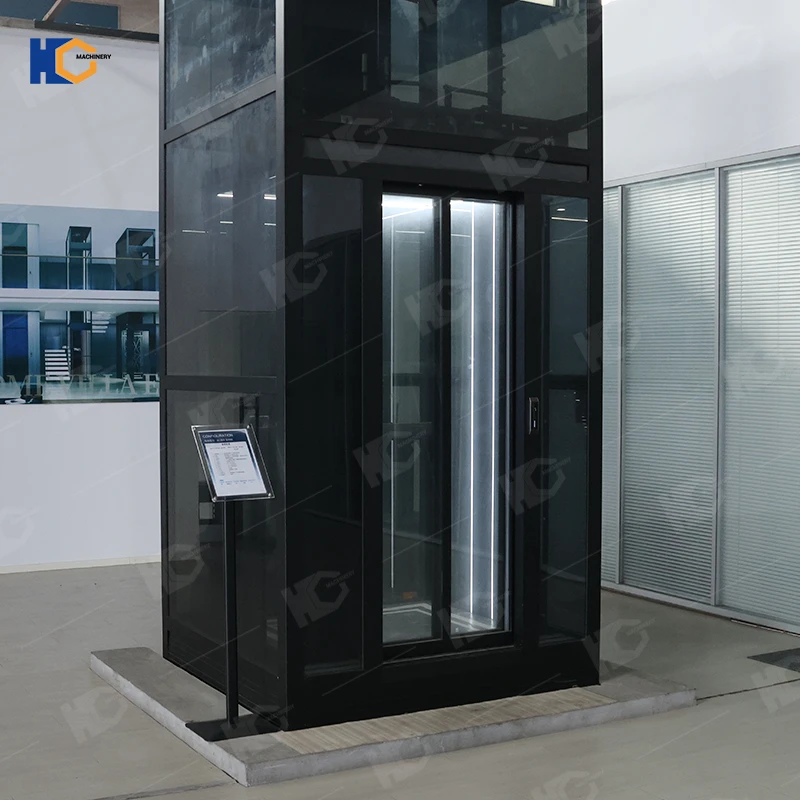
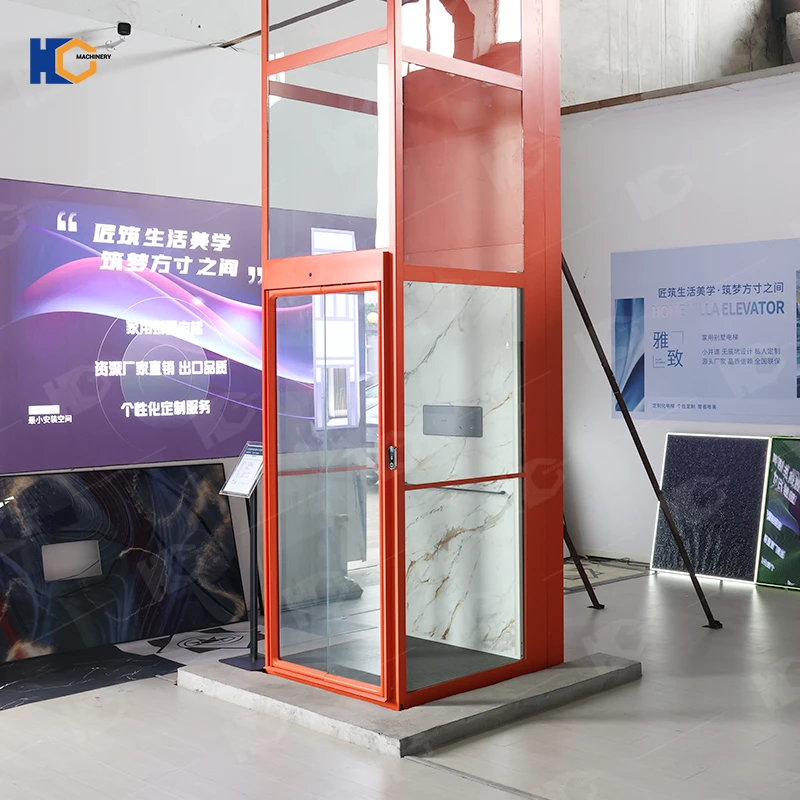
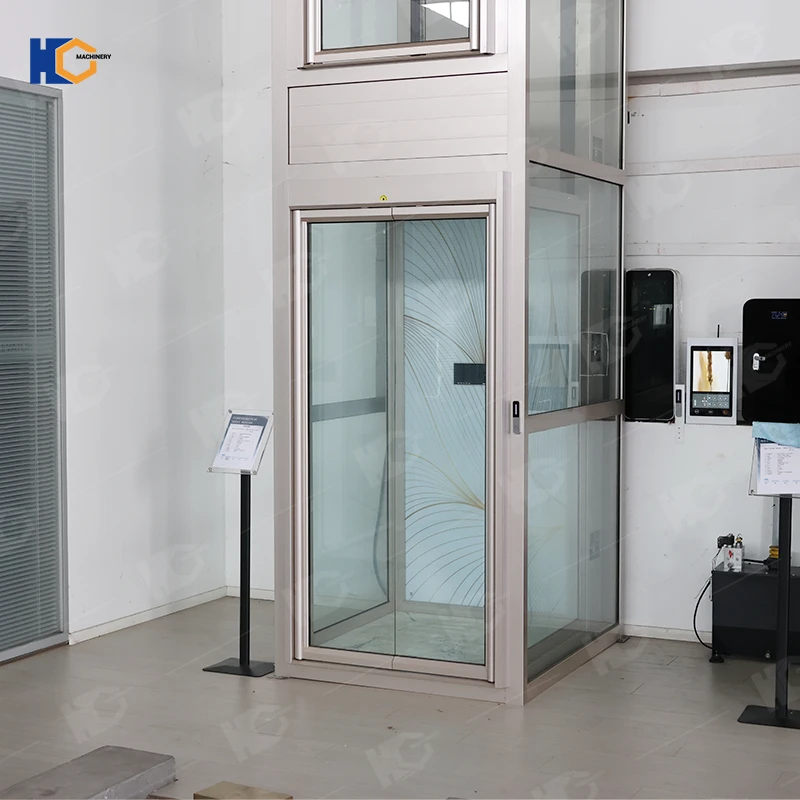
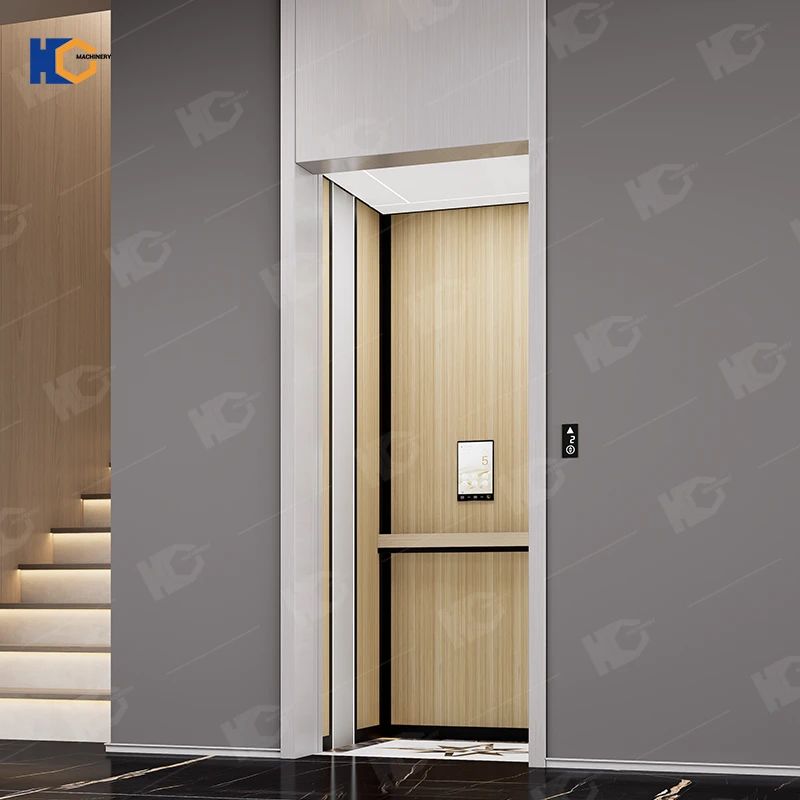
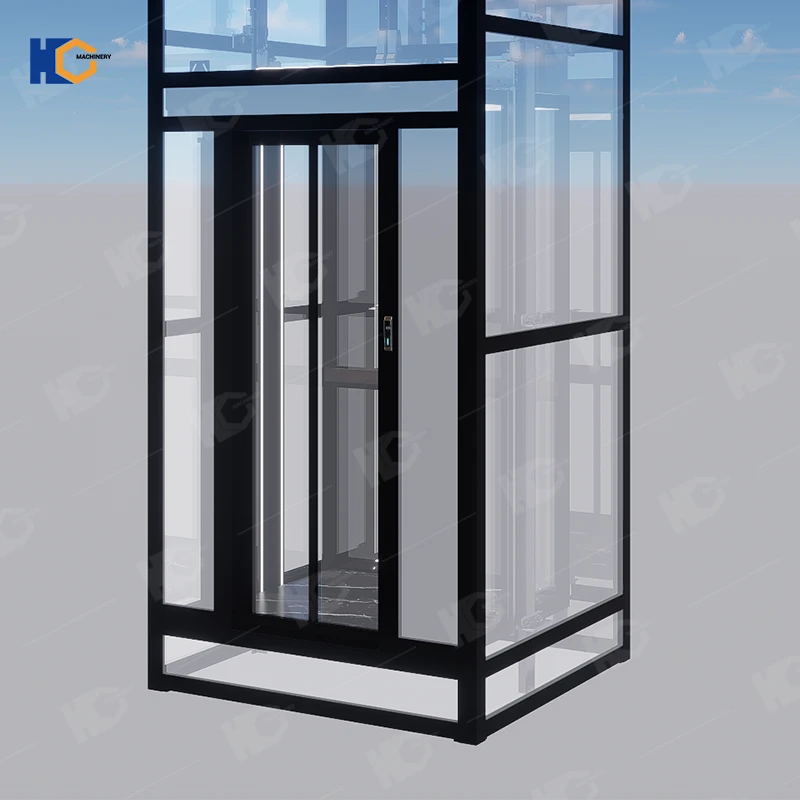
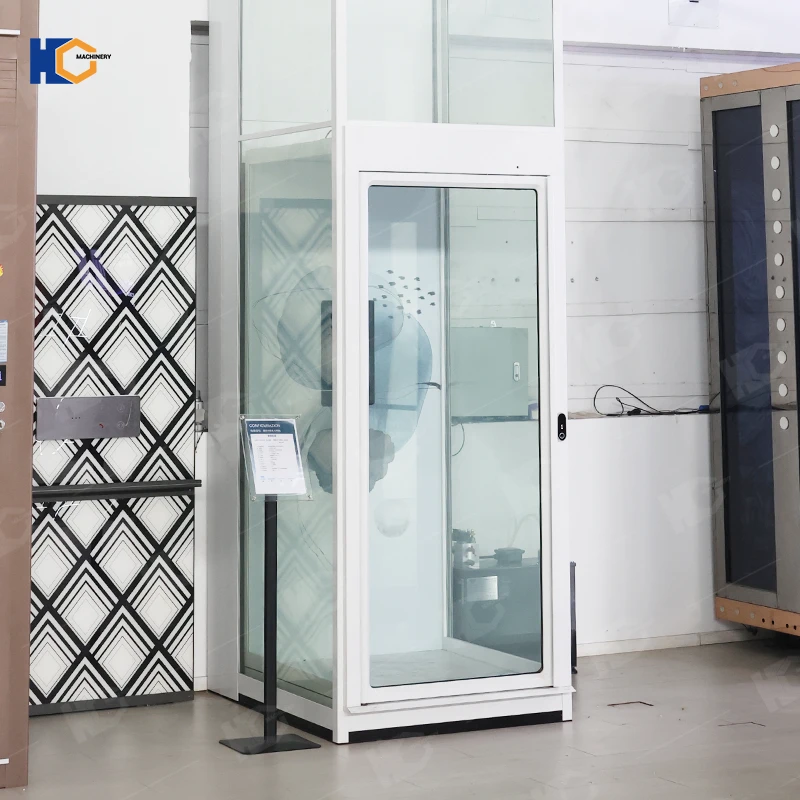
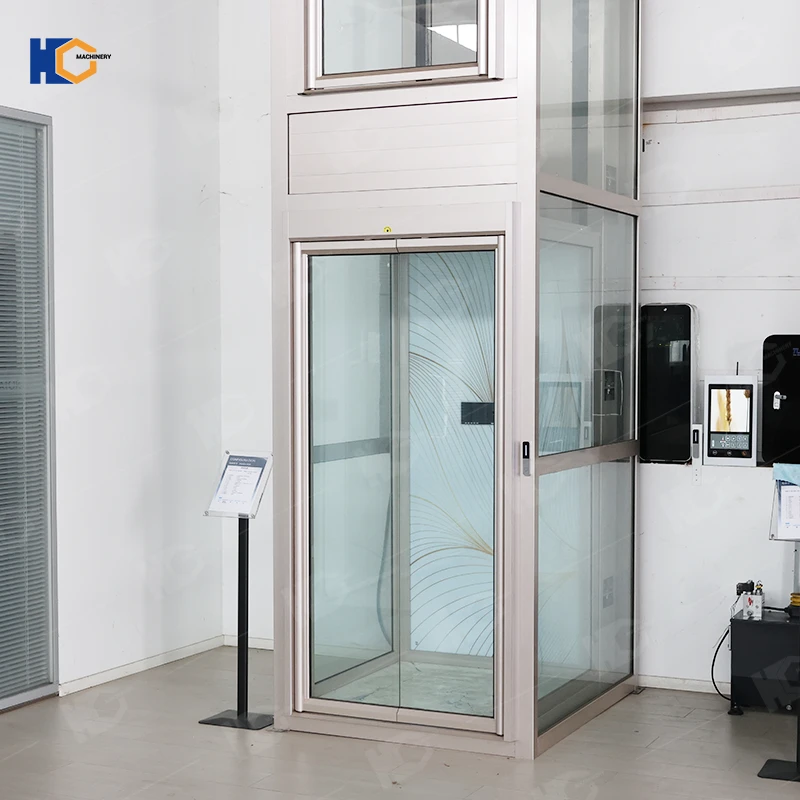
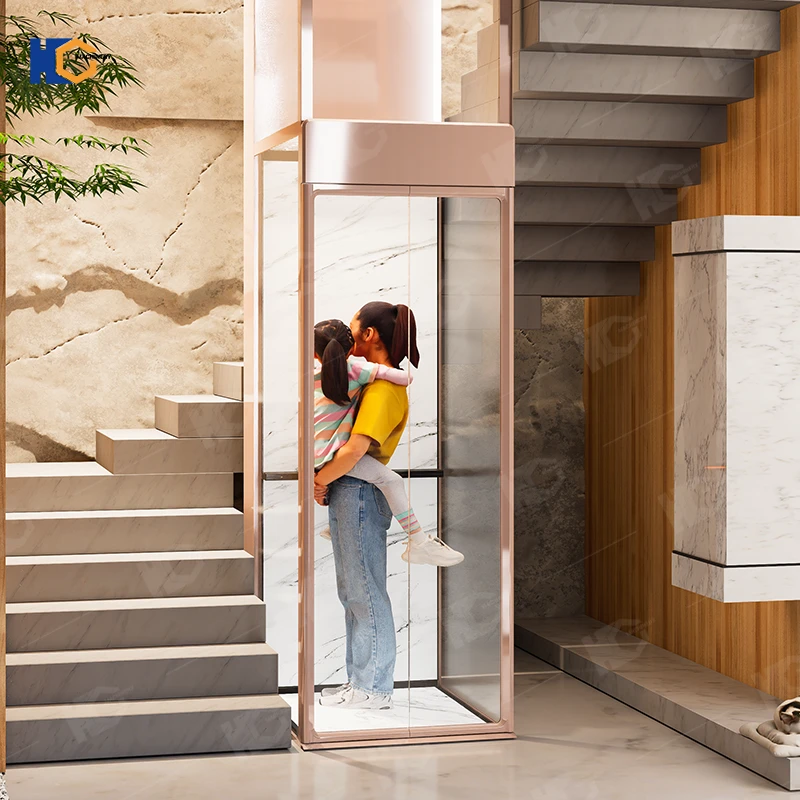
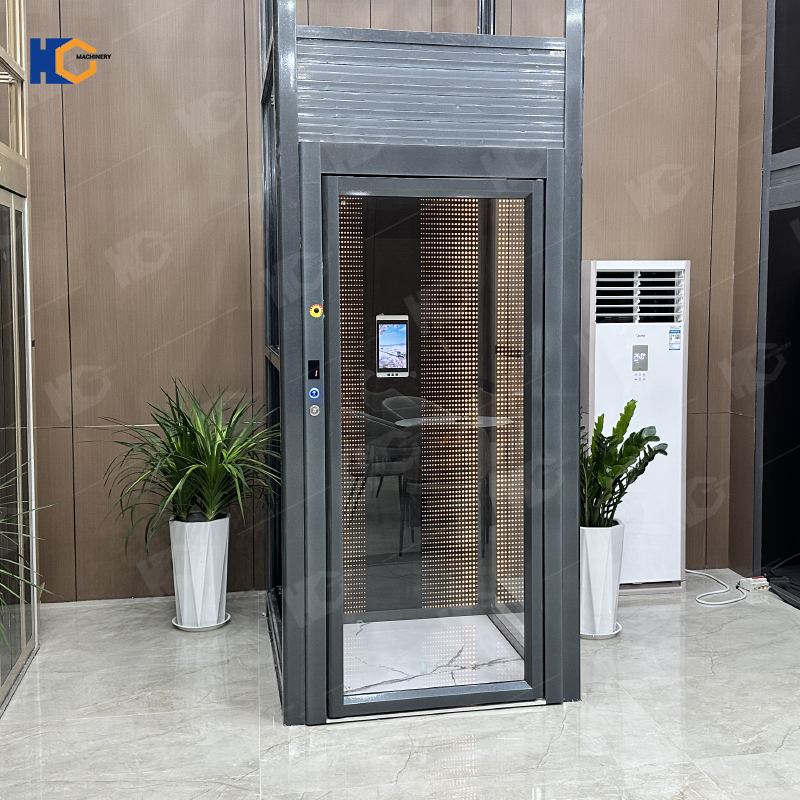
849.webp)


259.webp)
713.webp)
428.webp)